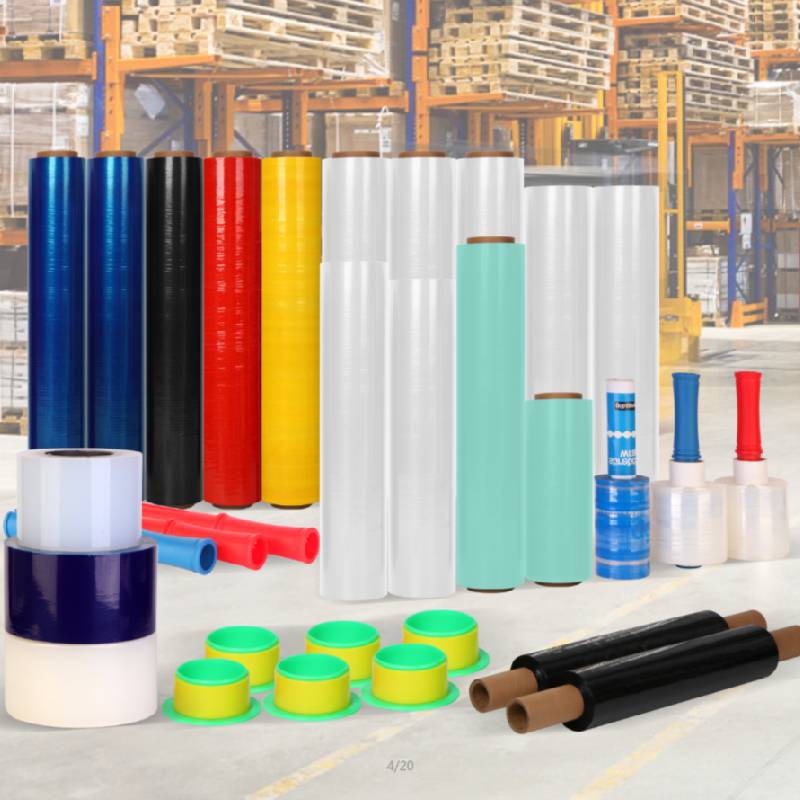Efficient Pallet Wrapping Solutions for Secure Transportation and Storage
Understanding Pallet Wrappers An Essential Tool for Modern Warehousing
In today’s fast-paced logistics and warehousing environment, efficiency and product protection are paramount. One of the most effective tools for achieving these objectives is the pallet wrapper. Whether you are managing a large distribution center or a small retail operation, understanding the significance of pallet wrappers can enhance your packing processes and ensure the safety of your goods during storage and transit.
What is a Pallet Wrapper?
A pallet wrapper, also known as a stretch wrapper, is a machine used to wrap products on a pallet with plastic film. This process encapsulates the goods securely and prepares them for transportation or storage. By providing a protective layer, pallet wrappers help to keep products stable and reduce the risk of damage due to shifting or environmental factors such as moisture, dust, and dirt.
There are primarily two types of pallet wrappers semi-automatic and fully automatic. Semi-automatic machines require the operator to manually position the pallet and initiate the wrapping cycle, while fully automatic machines handle the entire process, including the pallet's positioning, wrapping, and unloading, without the need for human intervention. This level of automation can significantly increase throughput, especially in high-volume operations.
Benefits of Using Pallet Wrappers
1. Improved Product Stability One of the primary advantages of using a pallet wrapper is the enhanced stability it provides. By tightly wrapping the palletized goods, the wrapper minimizes the movement of products during transportation, reducing the risk of shifting and potential damage. This is particularly important for fragile items or products that could be easily displaced.
2. Cost Efficiency Although there may be an upfront investment in purchasing a pallet wrapper, the long-term benefits far outweigh the initial costs. By reducing product loss and damage, businesses can save on rework, replacement, and shipping costs. Furthermore, using a pallet wrapper can decrease labor costs by speeding up the packing process and allowing fewer employees to handle more pallets.
3. Space Optimization A well-wrapped pallet takes up less space, which is crucial in warehousing operations where every square foot counts. Efficient wrapping maximizes storage space, allowing businesses to store more products in a smaller area.
4. Enhanced Safety Pallet wrappers help improve safety in the workplace by reducing the likelihood of product accidents. Loose items that fall off pallets can pose significant hazards to employees. Moreover, the wrapping film keeps the load secure, minimizing the risk of personal injury during handling.
pallet wrapper

5. Environmental Benefits Modern pallet wrappers utilize thinner stretch film that offers the same wrapping power with less material, reducing waste. Additionally, many manufacturers are now producing eco-friendly films, making it easier for companies to implement sustainable practices in their operations.
Choosing the Right Pallet Wrapper
When selecting a pallet wrapper for your business, several factors should be considered
- Volume and Type of Products Understand the volume of goods you need to wrap and their characteristics (weight, fragility). This knowledge will guide you in selecting the right machine type and configuration.
- Space Constraints Consider the physical space available in your warehouse. Fully automatic machines may require extra room due to their operational setup.
- Budget Evaluate your budget not only for the initial purchase but also for maintenance and operation costs over time.
- Vendor Support Choose a reputable vendor who provides good after-sale support, including maintenance services and spare parts availability.
Conclusion
Pallet wrappers are indispensable in contemporary warehousing and logistics. They provide a combination of efficiency, cost savings, and product protection that is hard to achieve through manual processes alone. With the right machinery, businesses can significantly improve their operational efficiencies, ensure the safety of their products, and maintain a streamlined workflow. Investing in a pallet wrapper could be one of the critical decisions that elevate your packaging and shipping operations, enabling your business to thrive in a competitive market.
-
The Best Uses for Small Trash Bags in Daily LifeNewsJul.01,2025
-
Stylish Reusable Grocery Bags TrendsNewsJul.01,2025
-
Shipping Advantages of Using Bubble Envelopes BulkNewsJul.01,2025
-
How Compostable Mailing Bags Reduce Environmental ImpactNewsJul.01,2025
-
Environmentally - Friendly Bulk Poly MailersNewsJul.01,2025
-
Eco Friendly Custom Laminated Tote BagsNewsJul.01,2025
-
Have the freedom of customizing your custom mailers any way you want! Our dedicated packaging support will help deliver you the mailing experience you need to elevate your shipping experience to the next level! Start making a strong impression on your customers and stand out from your competitors! -
LIYA uses high quality raw materials which directly purchased from large enterprises domestic and overseas such as PetroChina, Sinopec, Sabic, Equate, ExxonMobil, Dow Chemical, Total, and Borouge, ensuring the price advantage and quality of the raw materials. -
LIYA uses high quality raw materials which directly purchased from large enterprises domestic and overseas such as PetroChina, Sinopec, Sabic, Equate, ExxonMobil, Dow Chemical, Total, and Borouge, ensuring the price advantage and quality of the raw materials.





